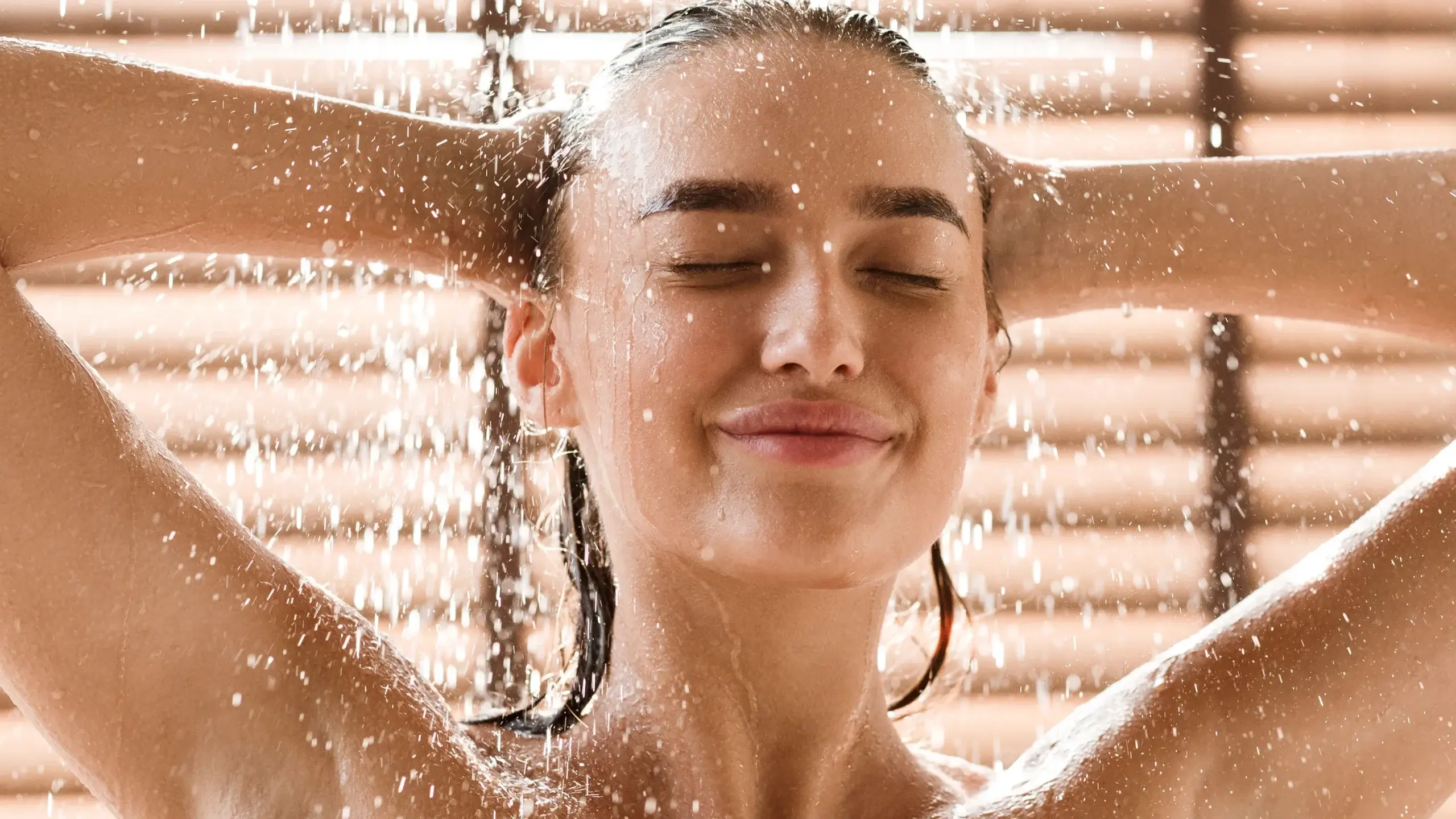Morning or evening shower: a choice that is not so trivial

Who hasn’t wondered whether it’s better to shower in the morning to wake up or in the evening to relax? Frankly, it’s a little daily dilemma that we all face. This seemingly trivial question actually hides several physiological considerations. Body temperature, skin condition, stress level and lifestyle are all factors that should guide this choice.
In the morning, a lukewarm shower can help you get out of sleep more easily. It activates blood circulation, stimulates alertness and is a popular energizing ritual. This is especially recommended for people with oily skin or who tend to sweat at night.
In the evening, after a long day in front of the screen or running around, we love to run in the shower to leave everything behind. It eliminates the impurities accumulated during the day — pollution, dust, sweat — while preparing the body for rest. Warm water, without being scorching, relaxes the muscles, promotes lower body temperature and contributes to better sleep.
Do you really have to shower twice a day?
Many people think they are doing the right thing by taking two showers a day, especially during periods of high heat. It’s true that it gives a real feeling of freshness and well-being, like a little moment just for yourself. But is it really beneficial for the skin? The answer, nuanced, depends above all on the frequency and the associated care
From a dermatological point of view, showering morning and evening can cause skin dryness, especially in winter. But don’t panic: it’s not about stopping washing, just doing it with a little more gentleness and strategy. Hot water and washing products (sometimes too detergent) alter the skin’s protective hydrolipidic film, making it more vulnerable to irritation, fungus or infection.
This does not mean that you should do without it on days of heavy sweating or after a sports session. But in this case, it is better to opt for a short shower, with a mild soap — or even without soap — and to moisturize the skin well afterwards.
Water quality and temperature, which are often underestimated
What is often forgotten is The impact of water hardness on the skin. Very hard water can accentuate skin dryness, especially if it is associated with a temperature that is too high. Ideally, a lukewarm shower is enough to relax without being aggressive. Dermatologists also recommend limiting the duration of showers to a maximum of 10 minutes.
Pro tip: Installing a water softener or filter on the shower head can significantly improve skin comfort, especially for sensitive or atopic skin.
What the experts say: Adapting the shower to your lifestyle
There is no “universally” perfect time to take a shower. It all depends on your personal needs. That said, several practical recommendations emerge:
- Morning is recommended if you have oily skin, sweat at night, or need a boost to get off to a good start.
- In the evening is preferable if you work in an exposed environment (public transport, hospital, catering, etc.), if you suffer from muscle tension or if you have dry skin.
- Some people alternate The two times depending on their activity: for example, a shower in the morning during the week and in the evening at the weekend to promote recovery.
The often overlooked element: the pleasure of showering
Finally, let’s not forget that showering, beyond hygiene, is also a ritual of well-being. Hot water, the scent of shower gel, steam… All of this contributes to real mental relaxation. It is sometimes in these simple gestures that we find the best levers to reconnect with ourselves.



